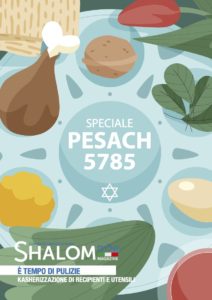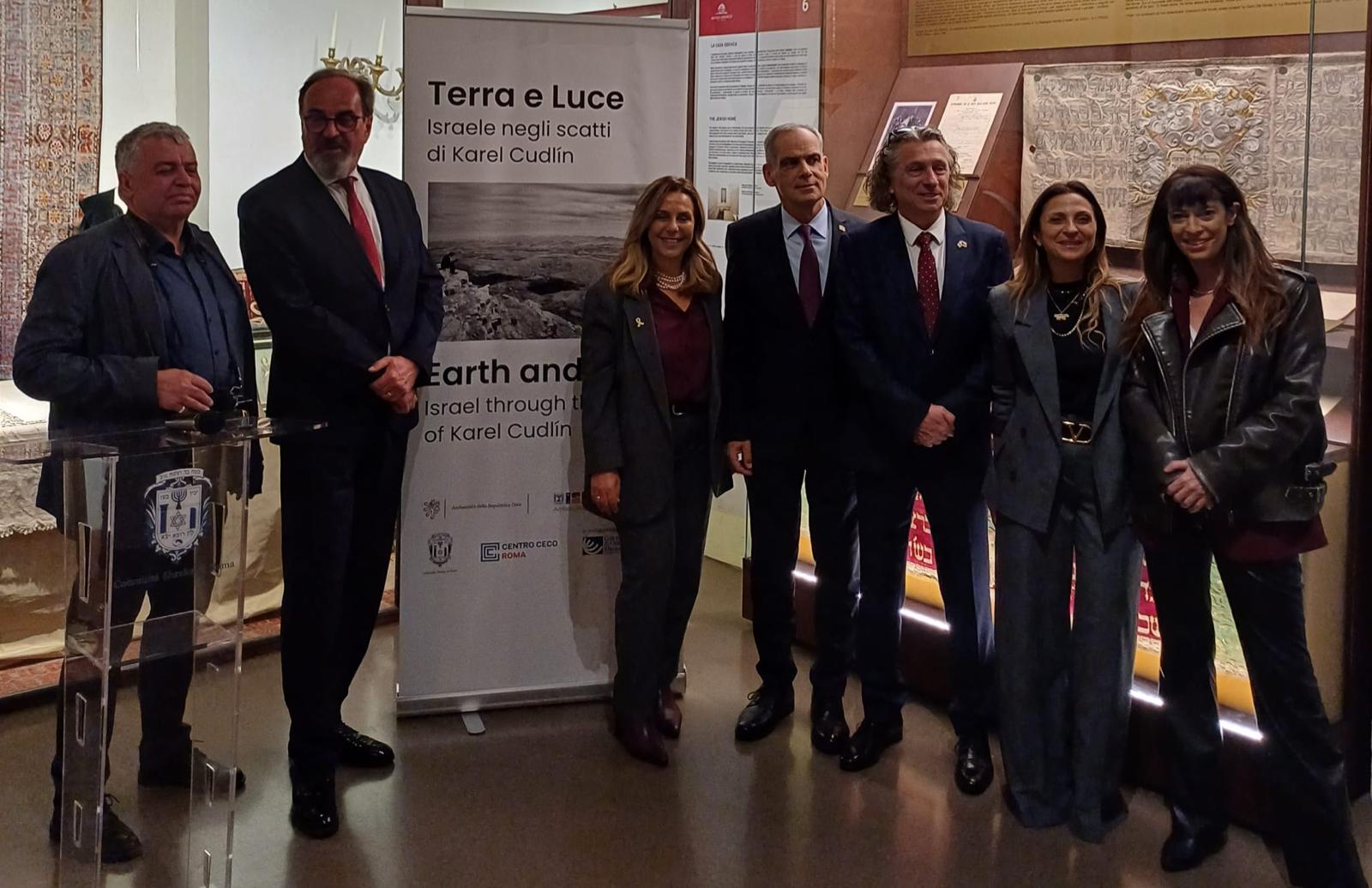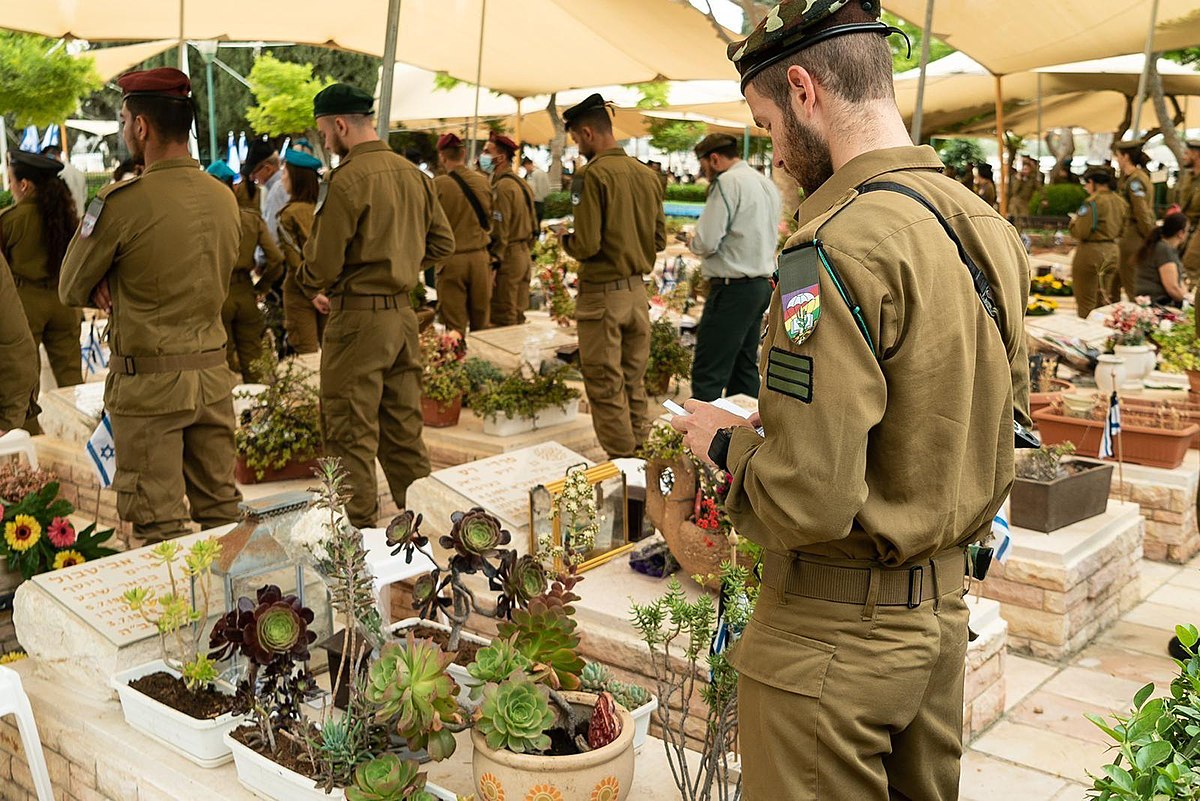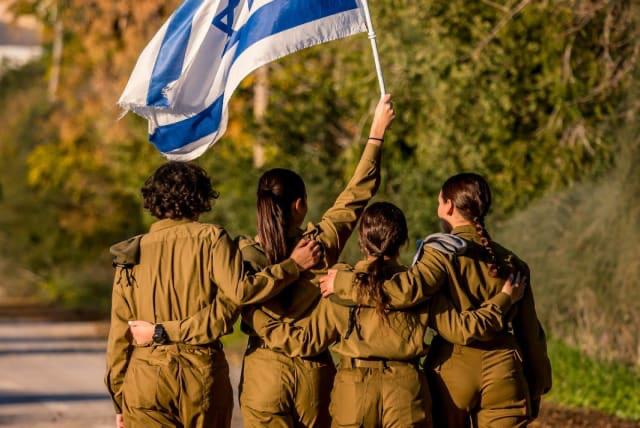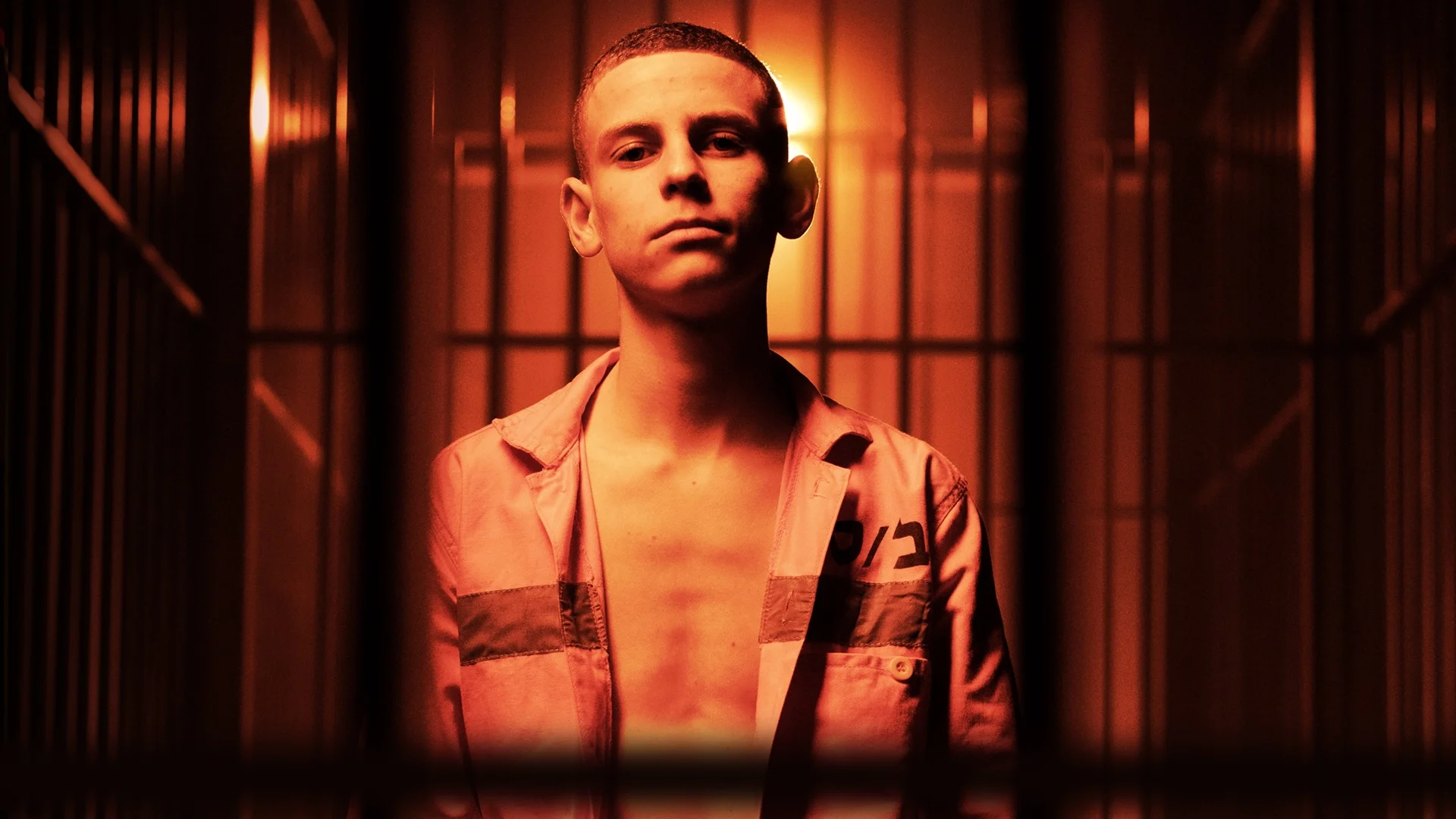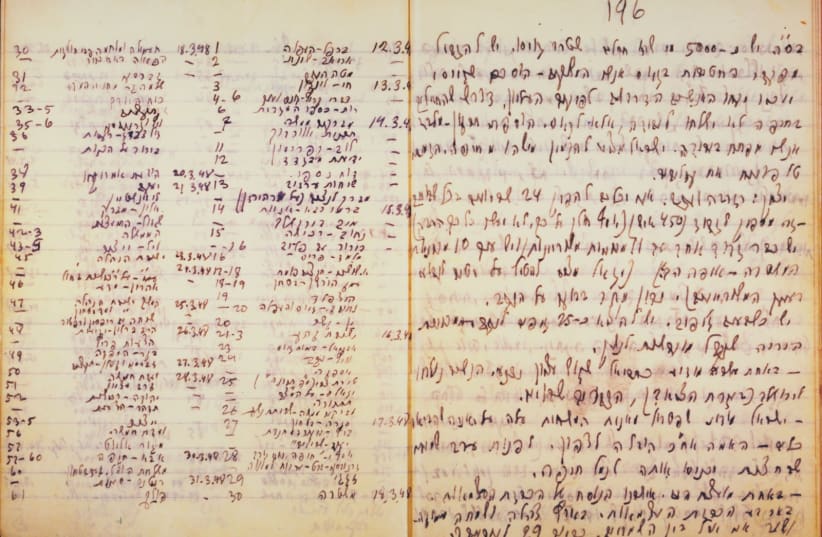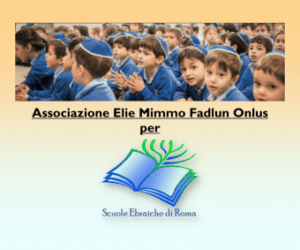
“He was good and mild-mannered, that was his strength”. Thus the historian Marcello Pezzetti comments on the death of Donato Di Veroli, the last of the Roman Jews who survived the Shoah and the hell of the Nazi extermination camps, who has died at the age of 98 in Rome. Few people know the story of Di Veroli, who was deported to Auschwitz, because he kept it in the reserve he was well-known for. Pezzetti interviewed him on 11 October 1995. On that occasion, the survivor shared his memories with the historian. Many years after the Liberation, Donato Di Veroli testified at the Berlin trial of Friedrich Bosshammer, the person responsible for the deportation of Italian Jews, but above all of Romans after October 16.
The deportation from Rome
“Donato represents the Roman world. He was a very private person. – Pezzetti recalls – His family consisted of 8 siblings, in addition to their parents. They lived in Piazza Campitelli, close to the heart of Jewish Rome. His father worked in a warehouse, and Donato helped him. Already in 42, when he was 18, he had been arrested and forced to work, like so many others, down on the Tiber. He was also imprisoned in Regina Coeli, where he spent 15 days”. With the deportations of October 16, 1943, Di Veroli, together with his brother, decided to go into hiding. He came home after a few days, and to survive he got a horse which he used for small transportation jobs. The stable was located in Trastevere, and every day, taking turns with his brother, he went to take care of the horse. “That was how they arrested him: two fascists in civvies were waiting on Ponte Quattro Capi (Ponte Fabricio) to stop him. They took him to the Mussolini barracks, then to Via Tasso where he underwent everything, after which he was again in Regina Coeli. In April 1944 he was deported to Fossoli, at that time he was with Raimondo Di Neris”.
Forced labour in Auschwitz
Di Veroli was a prisoner in Auschwitz from May 1944. “Donato worked in a camp subdidiary where fish were bred. – continues Pezzetti – The prisoners were forced to work naked all day, exposed to unbearable temperatures, in appalling conditions. He said that 3 or 4 people died every day. But the strongest memory was that of internal selection: in the evening the prisoners came back worn out, and the Nazis made a selection of who to send to die in the gas chambers. Donato explained to me that the hardest ordeal for him was to show himself capable of work”. After Auschwitz Di Veroli was to be transferred to another camp and in April 1945 he was freed from Dachau.
The homecoming and testimony at the Bosshammer trial
Released from Dachau Donato Di Veroli made his journey back to Rome. “He wondered ‘Am I alive or am I dead’. But then when he got to Monte Savello and looked at the Teatro Marcello he said ‘So I’m home’. In the meantime, his whole family was safe ”. In the 1970s Donato Di Veroli, recounts Pezzetti, testified at the trial of Bosshammer, responsible for the deportations of Italian and Roman Jews after 16 October. “They were looking for direct witnesses to the violence. They tracked down Donato and asked him to go to Berlin to testify. He went. Even though he was so reserved, modest, always behind the scenes, he chose to go to Berlin. He told it all, in great detail, as meticulous and precise as he was. And he was a great character, mild-mannered, but not weak. That was his strength. He said ‘I don’t know how I got back. I kept getting beaten and I never died.’ His body held up, but above all his mind”.


